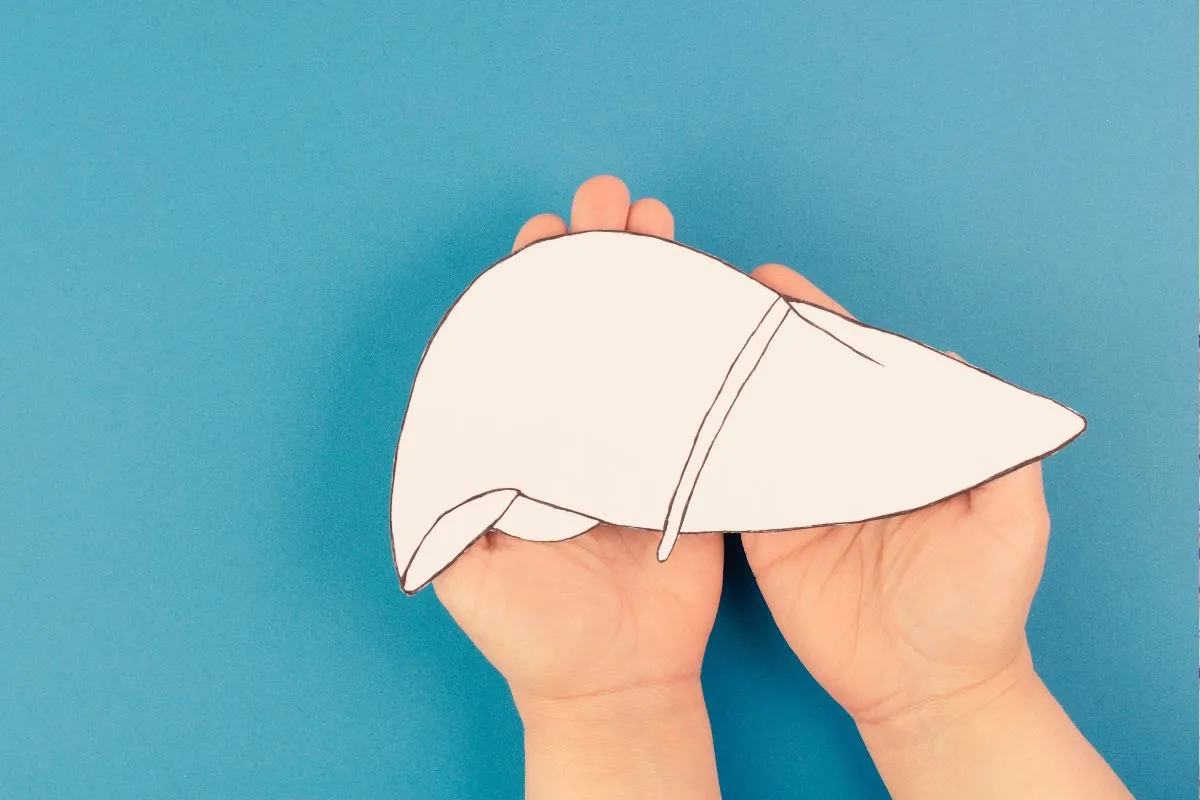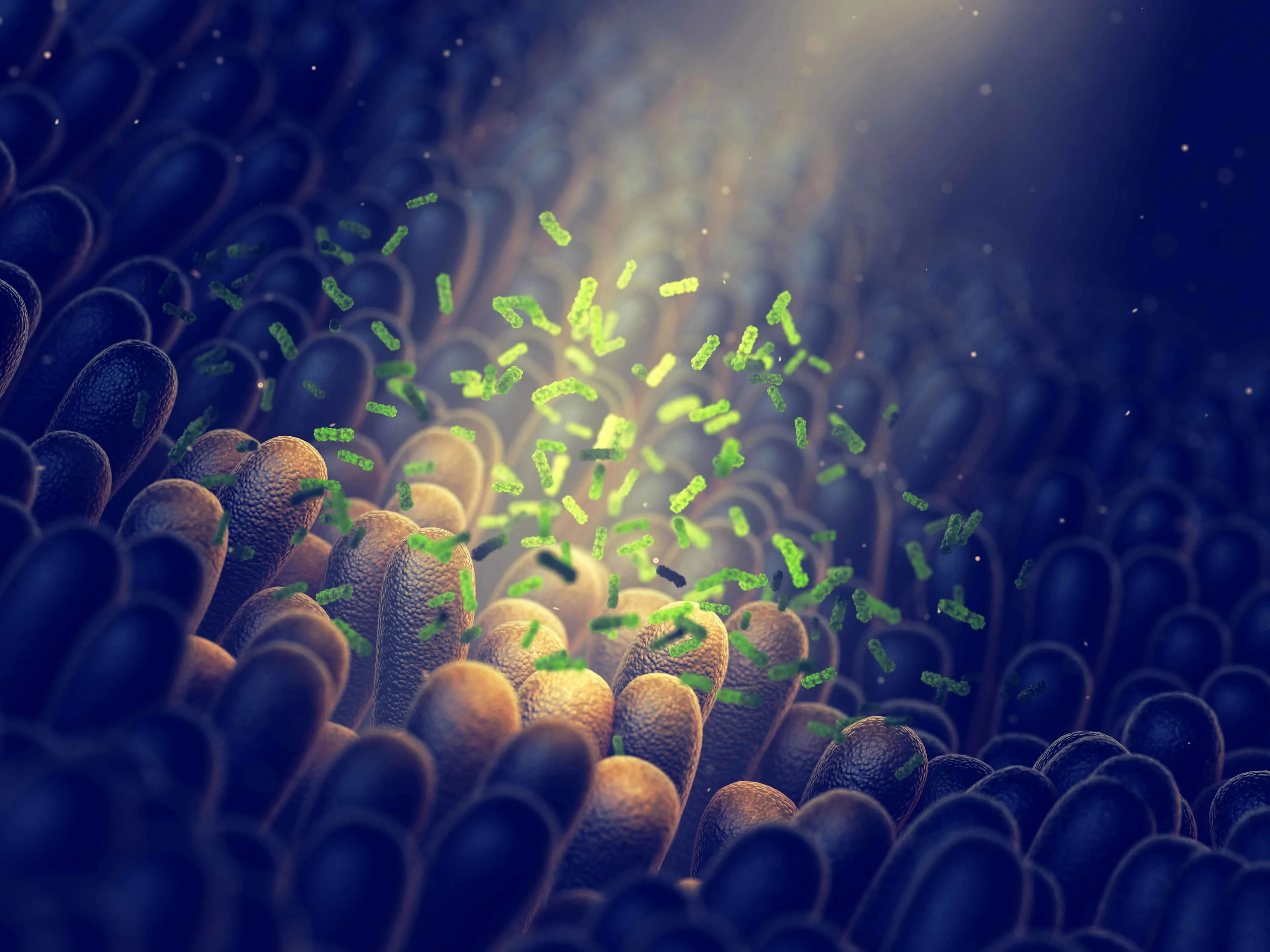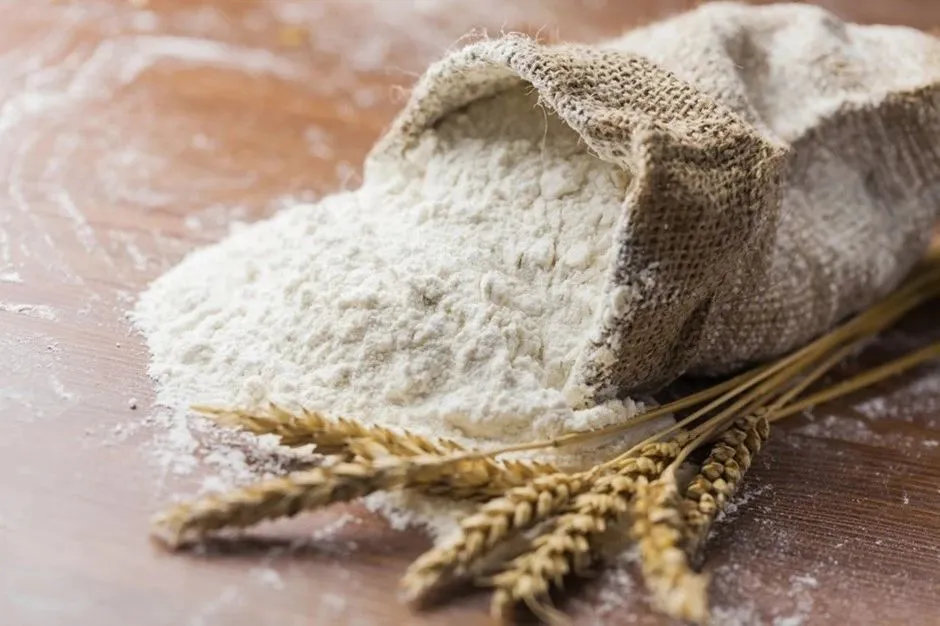
Did your recent health check-up reveal a fatty liver? You’re not alone. Globally, about one in four adults has non-alcoholic fatty liver disease (NAFLD), making it the most common chronic liver disease. Regardless of age, gender, or body type, anyone can develop fatty liver. While “eat less and move more” is the general advice, what specific foods should you be eating to improve fatty liver? A recent study suggests that a particular type of food might be highly effective.
The Role of Resistant Starch in Reducing Fatty Liver
On September 5, 2023, a study published in Cell Metabolism found that diets rich in resistant starch can significantly reduce triglycerides and liver enzymes associated with liver damage and inflammation, thus improving fatty liver. Resistant starch is a type of carbohydrate that is not easily digested in the small intestine but ferments in the colon, positively impacting metabolism. Common foods like green bananas, potatoes, sweet potatoes, rice, corn, beans, and oats contain resistant starch.
The study involved 200 fatty liver patients randomly assigned to consume either resistant starch from corn or non-resistant starch, twice daily, before meals. Both groups followed a diet designed by nutritionists, with no significant differences in caloric intake. After four months, those consuming resistant starch showed a nearly 40% reduction in liver triglycerides, significantly improving fatty liver. Additionally, liver enzymes and inflammation markers decreased, indicating reduced liver damage.
Researchers believe this improvement is due to resistant starch altering gut bacteria composition, specifically reducing Bacteroides fragilis, which impacts liver fat metabolism.

Choosing the Right Starches
Understanding the different types of starch can help you make better dietary choices:
- Rapidly Digestible Starch: Quickly digested and absorbed in the small intestine, causing rapid blood sugar spikes. Found in processed foods like white bread, cereals, and potato products.
- Slowly Digestible Starch: Digested and absorbed more slowly, resulting in a gradual blood sugar increase. Found in pasta, nuts, seeds, and beans.
- Resistant Starch: Acts like dietary fiber, not digested in the small intestine. Found in whole grains, legumes, nuts, seeds, starchy vegetables, and unripe bananas.
Cooking methods can also affect resistant starch content. For example, cooking and cooling rice or potatoes increases their resistant starch content. However, cold rice can have a poor texture and risk bacterial growth, so it’s best to consume foods naturally high in resistant starch.

Dietary Guidelines for Reducing Fatty Liver
To effectively incorporate resistant starch into your diet and reduce fatty liver, follow these guidelines:
-
Increase Whole Grains and Legumes:
- Consume 200-300 grams of grains daily, with 50-150 grams from whole grains and legumes.
- Example: Eat 2-3 fist-sized servings of whole grain bread and one fist-sized serving of mixed grain and bean rice, along with one fist-sized portion of potatoes or sweet potatoes.
- Add whole grains or beans to rice, and use cooked beans in salads.
-
Eat More Vegetables and Fruits:
- Include vegetables in every meal, aiming for at least 300 grams daily, with half being dark-colored vegetables.
- Eat 200-350 grams of fresh fruits daily.
-
Opt for Healthier Cooking Methods:
- Prefer boiling, steaming, or raw preparations to retain nutrients and minimize added fats.
Additionally, combine a balanced diet with regular exercise to manage weight and waist circumference. Aim for 150 minutes of aerobic exercise weekly, such as cycling, swimming, or dancing. Incorporate strength training to boost metabolism and accelerate fat loss.
Final Advice
If you’ve been diagnosed with fatty liver, don’t ignore it. Maintain good habits consistently to help your liver recover. With the right diet and lifestyle changes, you can significantly improve your liver health and overall well-being.
By making informed dietary choices and incorporating resistant starch into your meals, you can take proactive steps towards reducing fatty liver and enhancing your health.

